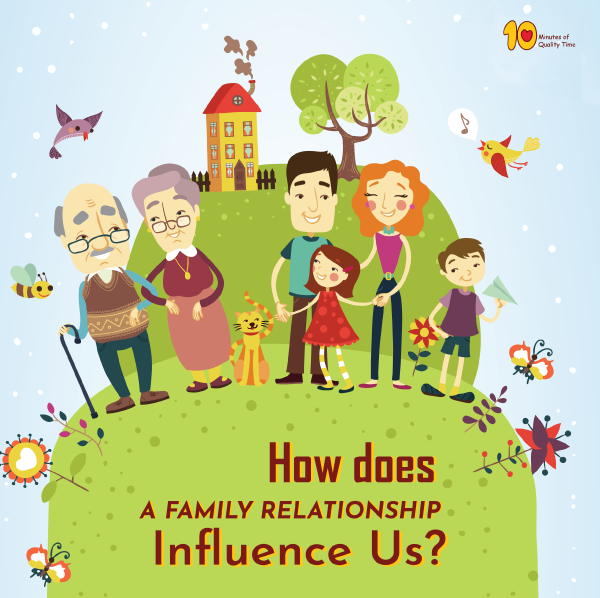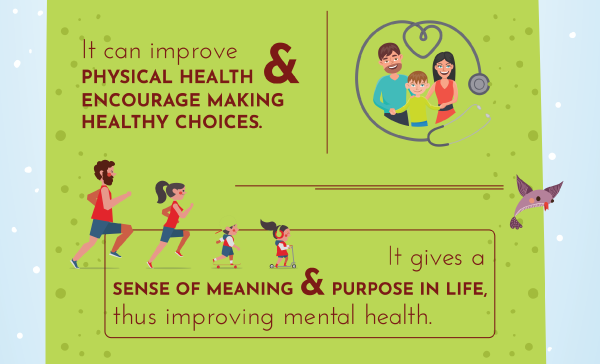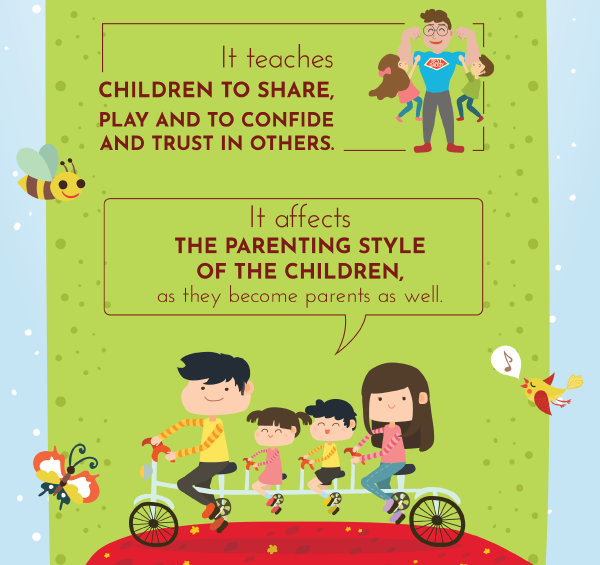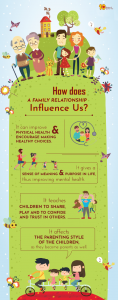They are our first relationships
Family relationships, between mother and child, father and child, and siblings are the first relationships we form in our lives. Positive relationships with parents and siblings help a child grow mentally, emotionally, and physically, whereas negative family relationships can have detrimental effects later in life.
As a mother, I use my own relationship with my parents as a guide for my relationship with my son.
Some aspects of my relationship with my family I want to have with my son, and other aspects I do not want to repeat with him because they did not have a positive effect on my life.
All aspects of my relationship with my parents from childhood to the teenage years to adulthood have impacted my life in either positive or negative ways. How I parent my son is a direct result of my own family relationships and the things I do and do not want him to experience within our own family.

Many studies have proven that family relationships greatly impact people throughout their life, especially the relationships formed during early childhood. Family relationships can greatly affect children and shape who they become as adults in following ways:
- Physical Health
A study that followed children over a ten year period showed that positive relationships among children and their relatives led to more positive, healthy behaviors in life. Their physical health, taking care of themselves and making healthy choices, was connected with their family experiences as young children.
In contrast, stress within the family may have physical consequences for the child’s health that can continue into adulthood and include overeating, poor impulse control, and other unhealthy behaviors.
- Mental Health
The communication, verbal and nonverbal, between infants and their mother, or other primary caregiver, is established within the first three months of life. A child needs to feel loved and taken care of early in life in order to have positive relationships in the future.
A child’s family dynamic and relationships help them discover who they are and what they need. Without strong family ties, a child is at an increased risk for developing mental health disorders. A strong family support system in youth may also result in increased mental health by giving children a sense of meaning and purpose in their lives.

- Emotional Health
A child’s relationship with his or her siblings can also impact their future behaviors. A positive sibling relationship allows the child to learn how to interact with kids of different ages, to share and play, and to confide in others.
Sibling relationships could also affect the children negatively, however. Sibling rivalry or competing for the parents’ affections can affect them throughout their lives. Being the oldest of the family, the middle child, or the youngest can all contribute to the child’s behavior and characteristics in adulthood.
Conclusion
Having a strong family relationship can be achieved by spending quality family time together, working through problems as a family, and showing our children how much we love them in our words and our actions. Even seemingly small behaviors can lead to big impacts in our relationships with our children that can affect them either positively or negatively for the rest of their lives.

References:
Apter, Terri. “How to understand people: It’s all relative.” The Guardian, 7 Mar 2009,
www.theguardian.com/lifeandstyle/2009/mar/08/family-relationships-effects. Accessed 3
Nov 2017.
Umberson, Debra and Jennifer Karas Montez. “Social Relationships and Health: A Flashpoint
for Health Policy.” Journal of health and social behavior, 2010,
www.ncbi.nlm.nih.gov/pmc/articles/PMC3150158/ PMC. Accessed 3 Nov. 2017.





Share this entry